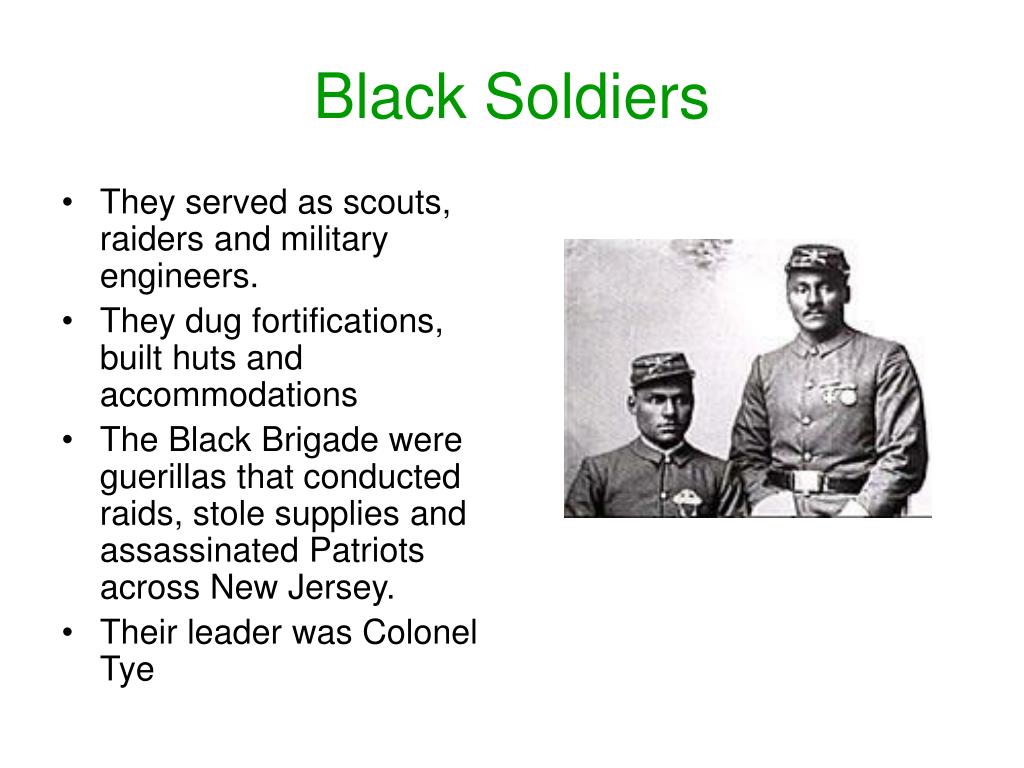

British negotiator Sir Guy Carleton, however, argued that the black loyalists were free people who had rendered service to the British Crown. and British peace negotiators met at the end of hostilities in 1782, the Americans demanded that the British return all American property, including former slaves. Sometime in 1781 he married Violet, another runaway from Wilmington, North Carolina, and they both moved to British-occupied New York where he again worked as a servant.

King was himself later captured and re-enslaved by the American Navy but managed to escape as the war drew to a close.

Later, as a crewmember on a British warship, King participated in the capture of a rebel ship in Chesapeake Bay. He worked mostly as a carpenter but on one occasion he carried an important dispatch through enemy lines, which saved 250 British soldiers at Nelson’s Ferry, South Carolina. King was first a servant to British officers but like many black male Loyalists he joined the British Army. In 1780, when British troops occupied Charleston during the American Revolution, King fled to the British garrison and gained his freedom. Through the age of 16, King was trained as a house servant before being sent to apprentice as a carpenter in Charleston. Boston King, one of the pioneer settlers of Sierra Leone, was born enslaved on the Richard Waring plantation near Charleston, South Carolina around 1760.


 0 kommentar(er)
0 kommentar(er)
